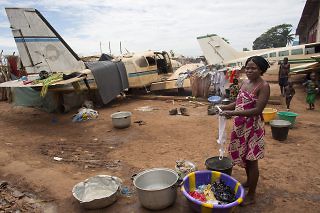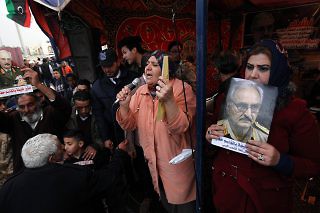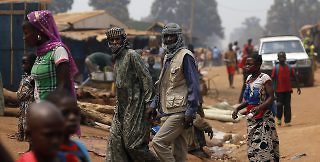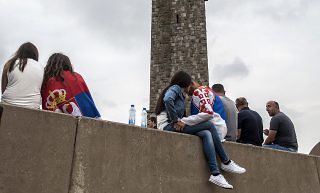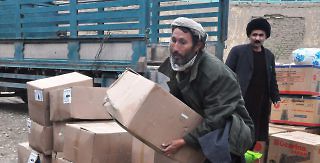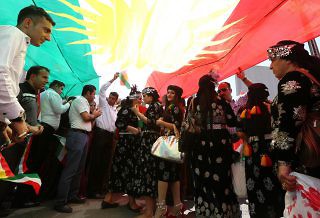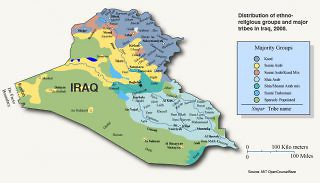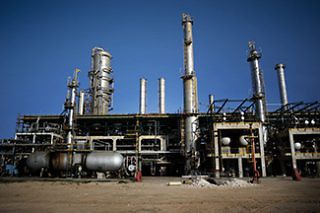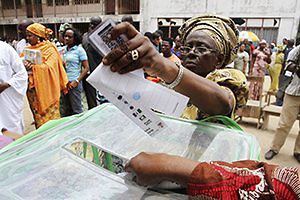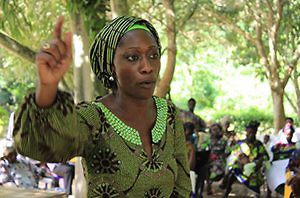Louisa Lombard’s State of Rebellion explores the ambitious process of state-making amid the conflict in Central African Republic.
Tag: statebuilding
-
-
This lack of an effective and reliable lead international mediator requires that attention be given to efforts at the local level.
-
A spike in violence in recent months has seen the tone of fighting shift from the Muslim against Christian nature of the immediate post-coup period to one more strongly driven by ethnic differences and old intercommunal grudges.
-
Decentralization has been perhaps the most profound, and most divisive, means of ensuring a place for minority communities in Kosovo’s governance arrangements.
-
Former Afghani Interior Minister Ali A, Jalali discusses the challenges of rebuilding institutions and state-society relations following periods of conflict and instability.
-
The fate of the Kurds is not entirely in their own hands, for true sovereign independence requires the recognition of other states.
-
In ethnically heterogeneous countries, the provision of territorial autonomy on an ethnic basis–known as ethnofederalism–would seem a logical long-term solution, but it is one that continues to generate skepticism.
-
With violence on the rise, Libya’s road to democracy and statehood needs better political dialogue, stronger institutions, and a stronger UN mandate.
-
Despite several criticisms and shortcomings, Nigeria’s federal system is the country’s best option.
-
The continuing spread of conflicts across the Middle East and Africa demonstrates the inadequacy of the centralized-state system and the growing appeal of federal solutions.
